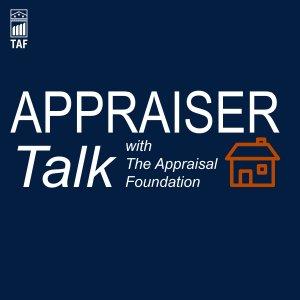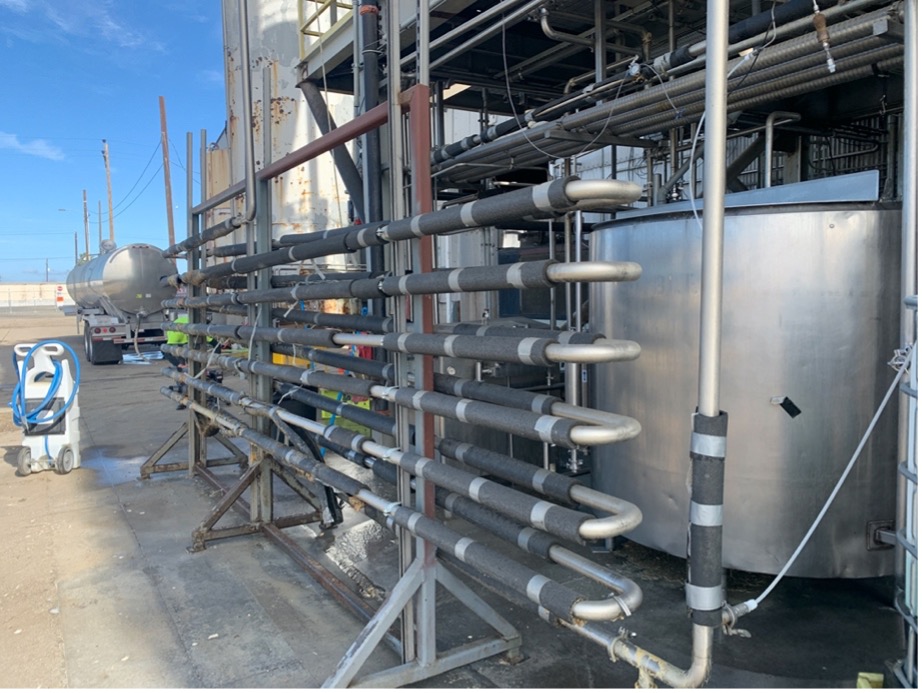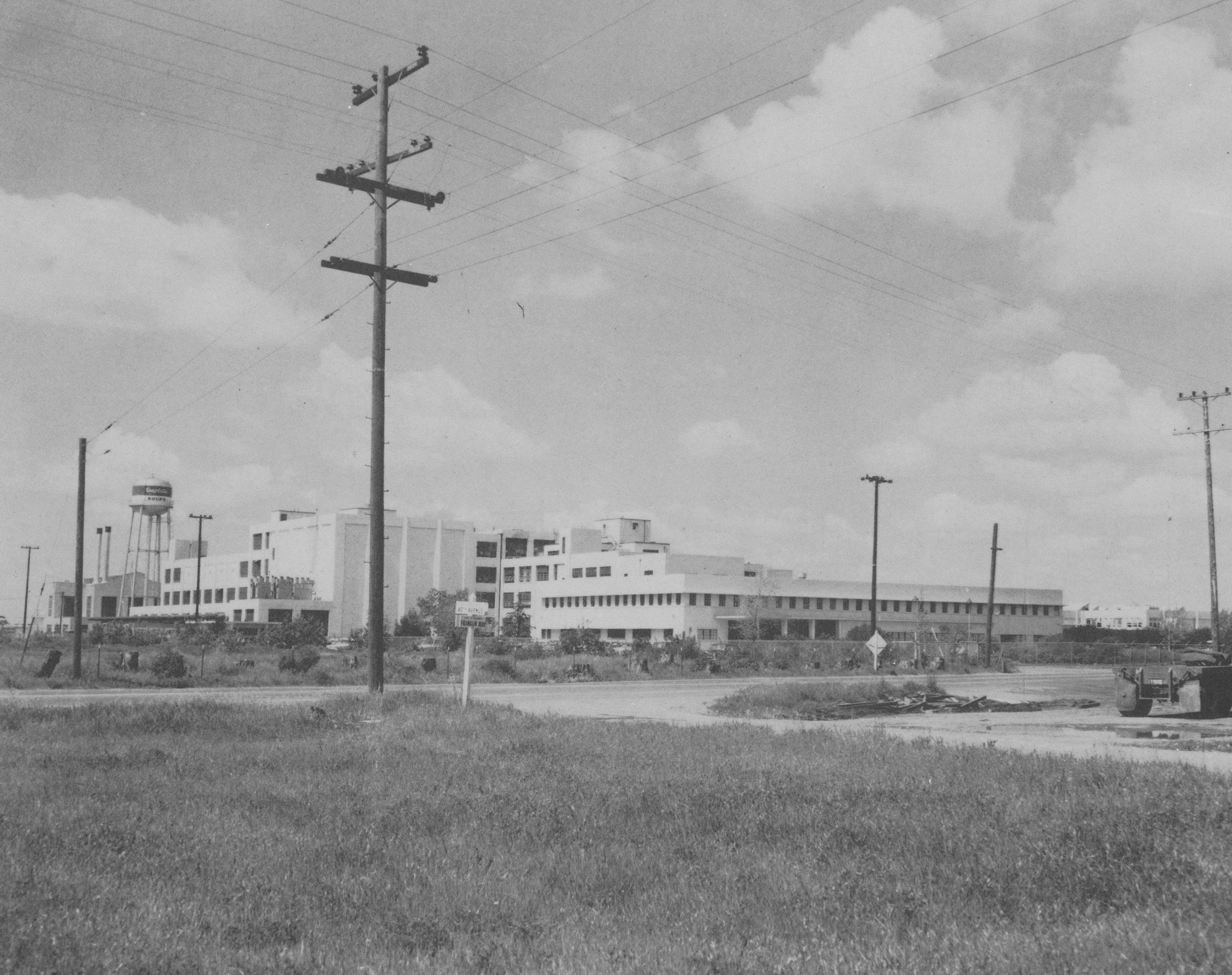 This article by Joe Santora, ASA, was published earlier this summer on Equipment Finance Advisor and subsequently on Joe’s LinkedIn page, where I found it. I think you’ll enjoy Joe’s explanation of why choosing your equipment appraiser wisely is a critical step in the equipment finance process. Thanks, Joe, for granting permission to republish here!
This article by Joe Santora, ASA, was published earlier this summer on Equipment Finance Advisor and subsequently on Joe’s LinkedIn page, where I found it. I think you’ll enjoy Joe’s explanation of why choosing your equipment appraiser wisely is a critical step in the equipment finance process. Thanks, Joe, for granting permission to republish here!
“You have got to be kidding me!” These were my exact words to the credit officer who asked that I review a machinery and equipment appraisal. “Are you suggesting that we lend actual money based on this appraisal report?”
Having spent a couple of years as an equipment manager for a northeast Ohio-based bank, and having previously been an equipment appraiser, I have seen more than my share of appraisal reports. And I can tell you that the quality of equipment appraisals can range from “excellent” to “absurdly bad.” In the aforementioned case, the particular report that I had reviewed fell into the latter category. After reviewing this appraisal, I paid a visit to the website of the firm that conducted the appraisal; they also provide car title loans and pawn services. Not exactly the types of enterprise that engenders honesty, integrity, or even competency for that matter. The appraisal narrative consisted of a three paragraph cover letter. Well, maybe not a cover letter; cover letters are usually dated, addressed to someone, and signed by someone. This was not.
Forget about any of the Uniform Standards of Professional Appraisal Practice (USPAP) requirements, such as Intended Use, Ownership Interest, Certification, etc. This “report” didn’t even identify a value concept. “This is what the stuff is worth,” was how it was worded if I remember correctly. In the credit officer’s defense, the bank didn’t acquire this appraisal. The prospective borrower had the appraisal performed a few years back (yet another yellow flag), and wanted the bank to use it for financing purposes. Needless to say, we commissioned our own valuation from a reputable firm that only employs Accredited Appraisers through the American Society of Appraisers (ASA). It turns out that pawn shops know nothing about appraising machinery & equipment!
Why is it so important to hire a qualified appraiser? When it comes to appraising, there is no room for error. By definition, an appraisal is an objective, impartial and unbiased opinion of defined value completed by a competent, ethical and qualified appraiser. It requires an understanding of the client’s machinery and equipment appraisal problem, an identification of the property type, its value-relevant characteristics, and the proper approach to apply in order to appraise the machinery and equipment according to the purpose. Machinery and equipment appraisal reports must be USPAP compliant, meaningful to the client and intended users, relevant to intended use, and not misleading. When appraisers comply with USPAP, the client and intended users can put their faith in the machinery and equipment appraiser’s opinions, analyses and conclusions and believe in the appraisal.
What about hiring an auctioneer or dealer to appraise machinery and equipment? Auctioneers and machinery and equipment dealers may have a hidden agenda. Most of these individuals are not certified or trained in providing USPAP compliant appraisal reports. If the appraisal report you obtain is not USPAP compliant, it is not a “qualified” appraisal prepared by a “qualified” appraiser pursuant to the IRS and others. Beware if the individual does not have certification. You will only open yourself up to increased costs, liability, risk, and an unsubstantiated equipment appraisal. Guessing is filled with liability and risk. The loan file will not contain the substantiation needed to support a loan decision. A certified machinery and equipment appraiser delivers an independent comprehensive appraisal report that is irrefutable, defensible and withstands scrutiny because it is based on sales comparables and market research.
So where do you find a qualified appraiser? The best place to look is The American Society of Appraisers. ASA is a world-renowned and respected international organization devoted to the appraisal profession. ASA is the oldest and only major appraisal organization designating members in all appraisal specialties. The American Society of Appraisers is a multi-discipline, non-profit, international organization of professional appraisers representing all appraisal disciplines, including appraisal review and management, business valuation, machinery and technical specialties, and real property. Their mission is to foster the public trust of their members and the appraisal profession through compliance with the highest levels of ethical and professional standards.
ASA-accredited appraisers are experts. The meticulous accreditation process ensures that ASA-accredited appraisers are accurate, impartial and credible. They are educated and experienced in their fields and are respected members of their communities. Most importantly, they deliver independent valuations that assure property is properly appraised. Accredited Senior Appraisers must have at least five years of full-time appraisal experience, meet education requirements, pass all Principles of Valuation courses and submit an appraisal experience log and sample report just for membership consideration.
For all of these reasons, it is critical to choose your equipment appraiser wisely.
Joe Santora, ASA
Managing Director | Irontrax, LLC
Joseph Santora, ASA, is the Founder & Managing Partner of Irontrax. Irontrax specializes in asset management, consulting, appraisal, and the remarketing of bank-owned construction, transportation, and mining equipment. Irontrax also consults for lease-end negotiations, workouts, and litigations. Santora sits on the American Society of Appraisers (ASA) Machinery & Technical Specialties Committee. He is also Past Vice Chair of the Ohio Contractors Association & Conference Chairman for the 2015 ASA Valuation Conference. In addition Santora has been a guest speaker at the ELFA Equipment Management Conference in 2012, 2014 & 2015 as well as the 2014 ASA Annual Convention.




